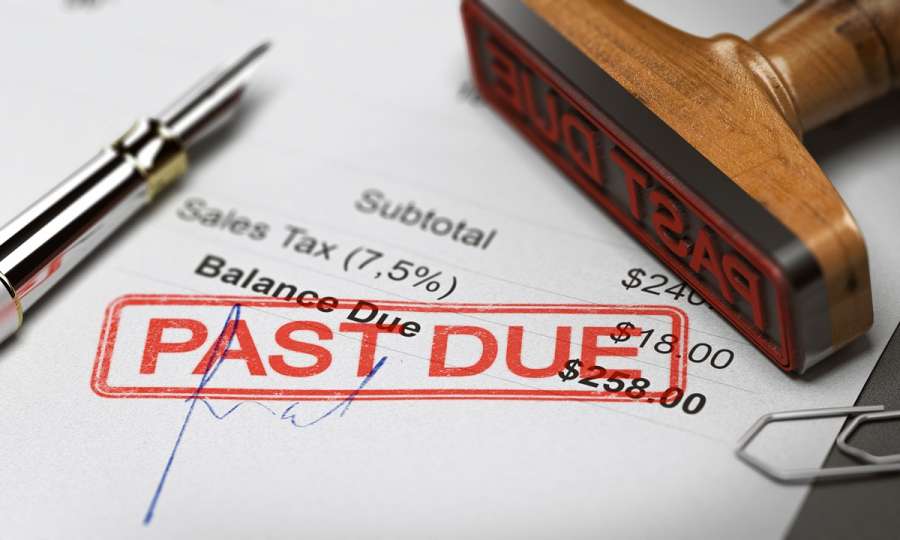In our previous blog, we provided a summary of enforcement options once a judgment is obtained from the court.
In our next series of business debt recovery blogs, our dispute resolution solicitors will provide more information about these enforcement options, starting with enforcing a money judgment by taking control of goods.
Advantages of taking control of goods
Taking control of goods is a very popular method of enforcing a money judgment.
It requires the issue of a court document (in the High Court, a writ of control and the County Court, a warrant of control) which commands an enforcement agent (usually a High Court enforcement officer (HCEO) or a County Court bailiff) to seize and sell a judgment debtor’s goods and raise funds to satisfy the judgment debt.
County Court bailiffs can try to get back any amount up to a maximum of £5,000, but for any judgments over £600, typically HCEOs are instructed.
The Civil Procedure Rules (CPR) contain the procedural rules for obtaining and using a writ or warrant of control.

Taking control of goods may often be the quickest method of enforcement of a money judgment. The procedure is simple and straightforward.
It does not require a judicial decision as a writ or warrant of control can be issued, in most cases, administratively by the court office, following the production of the relevant documents and payment of a court fee.
At the time of issuing a writ or warrant, the judgment debtor does not need to be notified, although notice has to be given later by the enforcement agent. In most cases, the threat of enforcement may be enough to secure payment of a judgment debt.
Writs and warrants of control work well with respect to corporate debtors because the corporate debtor may have stock, machinery, office equipment or vehicles which can be taken and sold.
Generally, any goods belonging to the debtor can be taken control of for the purpose of this enforcement power unless they are exempt goods.
Exempt goods include items or equipment which are necessary for use personally by the debtor in the debtor’s employment, business, trade or profession, except that in any case, the aggregate value of the items or equipment to which this exemption shall apply shall not exceed £1,350.
It should also be noted that a writ or warrant of control can only be executed against the assets of a partnership where judgment has been entered against the partnership.
If the debt is just the debt of an individual partner or partners rather than the whole partnership, partnership property cannot be seized.
There are other exemptions which may apply depending on the type of business the debtor owns or runs.








